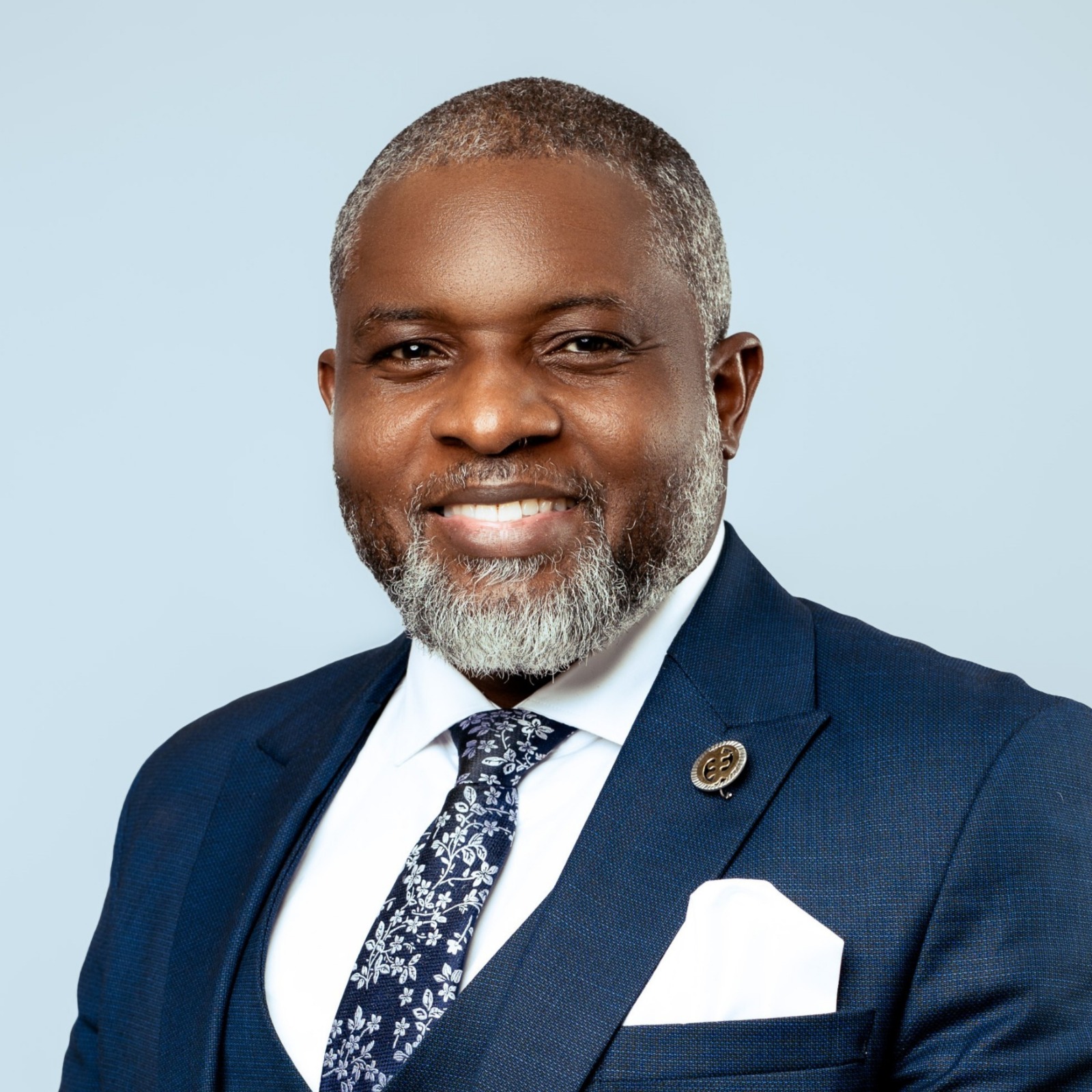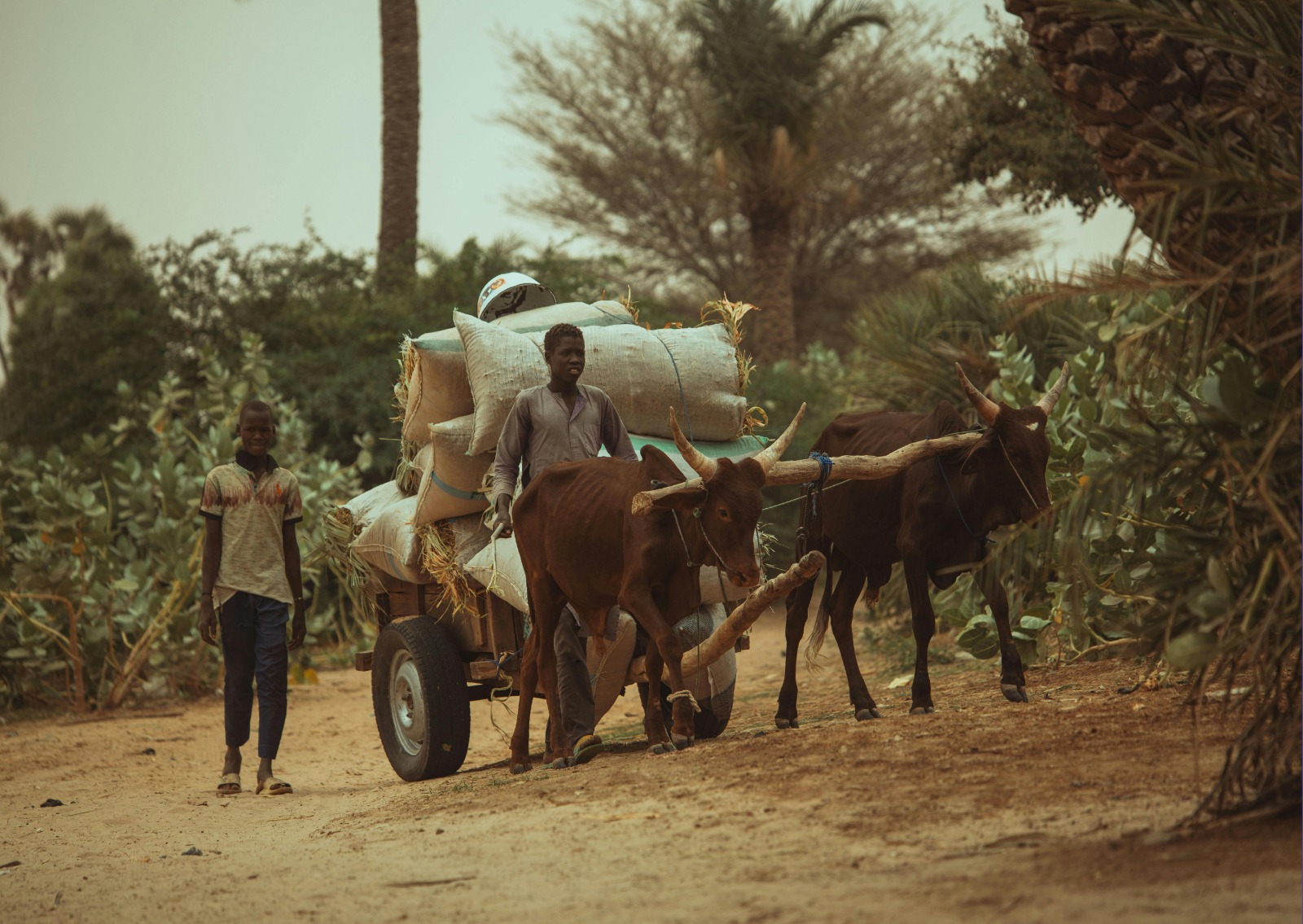The Lancet One Health Commission (LOHC) has released its report, hammering home that global health resilience will depend on systemic, cross-sectoral reform that acknowledges the interconnectedness of humans, animals, and the shared environment.
Launched in 2019 with 24 commissioners from different institutions and countries, the LOHC has evolved over the years, mobilizing high-level thought leadership across disciplines to tackle challenges including pandemics, antimicrobial resistance, climate change, and food insecurity.

Co-chaired by Dr. John Amuasi, Head of the Department of Global Health, KNUST and Lead of the Global Health and Infectious Diseases Research Group at the Kumasi Center for Collaborative Research in Tropical Medicine and the Bernhard Nocht Institute of Tropical Medicine in Germany, and Prof. Andrea Winkler, Director of the Centre for Global Health at the Technical University of Munich, the Commission has spent the past six years weaving together a narrative that shows how human well-being is inextricably interconnected with the health of animals, and the shared environment.
“The days of thinking in silos are over. Our report shows that health for all depends on breaking disciplinary boundaries and investing in One Health-informed systems that are robust, equitable, and future-ready,” said Dr. Amuasi.
“Health is not an isolated medical issue. It arises within complex ecosystems,” added Professor Jürgen May, Chair of the Board and Head of the Department of Infectious Disease Epidemiology at BNITM, and a member of the Commission. “If we keep thinking in silos, we risk pandemics, drug-resistant pathogens, and the collapse of food systems.”
The Commission’s work has unfolded alongside major global health crises, from the COVID-19 pandemic and Ebola outbreaks to growing climate-related disasters, revealing that fragmented responses are no match for increasingly complex health threats. Its report, titled "Harnessing Our Interconnectedness for Equitable, Sustainable, and Healthy Socioecological Systems," presents both a diagnosis and a prescription.
The report was published on Thursday, July 17, and formally introduced to the public during a digital launch event later that day. The global event attracted over 1,100 registrants and was viewed by 615 unique participants, including researchers, policymakers, students, and civil society leaders from across the globe.
Panelists at the launch explored the report’s implications for education, governance, and implementation. They stressed practical pathways to embed One Health at various levels, including local, national, and global systems, and answered questions regarding cross-sectoral financing, surveillance, and local adaptation.
“We are proposing a shift from reactive policy to anticipatory governance,” said Dr. Amuasi. “That means investing in integrated early warning systems, building cross-sectoral capacity, and creating a society-wide One Health-literate citizenry - from school children to heads of states.”
Woven through the report is a silver thread: One Health is the ideal framework for collaboration and a necessary lens through which to imagine and create a sustainable future. The Commission outlines concrete recommendations, including curriculum reform, funding realignment, regulatory harmonization, and infrastructure development that bridges human, animal, and environmental health sectors.
The LOHC also calls for the integration of socio-anthropological research and indigenous knowledge systems into global health governance, warning that poorly informed technical solutions will fail at solving politically and culturally complex problems.
Zoonotic spillovers, antimicrobial resistance, and climate-induced migration continue to threaten global health stability, making the LOHC’s report feel like a manifesto for the future.

















